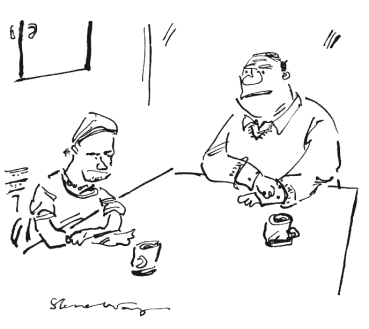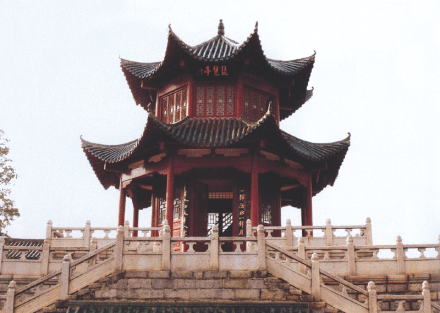Gossip from Lamb House
In 1999, Rosalind Bleach, whose mother had just died, opened for the first time her rosewood bureau with a swivel top and four drawers. She discovered 41 letters written between 1907 and 1915 by the Master — Henry James — to Mrs Ford, a now nearly forgotten upper-middle-class woman who lived at Budds, a country



